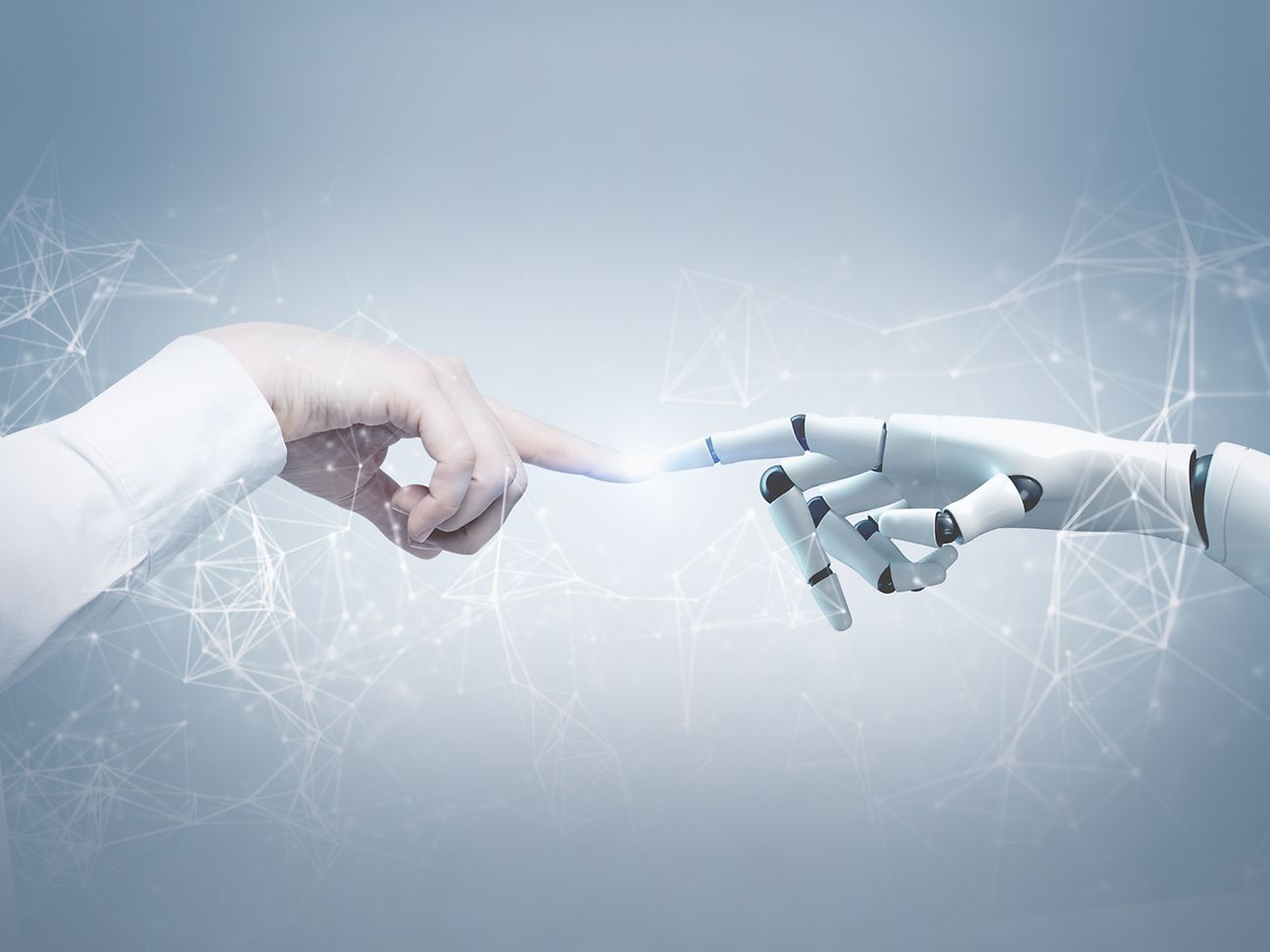

Interview with Jeremy Rifkin
The communications team spoke with Jeremy Rifkin, American economic and social theorist, writer, public speaker, political advisor, and activist.
Why is digitization a jobkiller?
Jeremy Rifkin: We are, with the digital revolution, moving to a more automated world.
And this smart world is going to run by algorithms and small supervisory workforces, a very automated capitalist system, by 2040 to 2050. Between now and then, we have two generations of massive employment in the build out and scale up of a smart Third Industrial Revolution infrastructure. Virtually every industry will be involved – the power and electricity transmission companies, the telecommunication and cable industry, the ICT sector, the electronics industry, the construction and real estate industry, transportation and logistics, the manufacturing sector, retail trade, and the food, agriculture, and life-sciences sectors. The erection of the infrastructure will require massive employment of semi-skilled, skilled, professional, and knowledge workers. Fortunately, the millennial generation are digital natives and have the skills to lay out this smart infrastructure. However, once the infrastructure is in place, automated capitalist networks will be able to operate with small professional workforces at very low fixed costs and very low marginal costs.
What is your advice for the next generation, what to do with their lives and what kind of job to choose?
Jeremy Rifkin: We need to prepare young people to be mindful, not just well‑informed, and to be able to understand that each of us is intimately connected to rest of the world around us. They need to understand world literature, philosophy, cultural anthropology, sociology, psychology, and the arts. This is where we explore the human narrative in all its various dimensions. Here’s where we learn about humanity's journey. Vocational skills, while critical and essential, are not sufficient to mapping humanity’s future but, rather, go hand-in-hand with a deep understanding of the nature of human nature and the social evolution of our species on Earth.
Some recommend an unconditional basic income. In your opinion, is this an option for the economy of a future society?
Jeremy Rifkin: We are not just going to pay people to do nothing. The recommendation about guaranteed income came from my book, The End of Work, published in 1995. Milton Friedman also talked about a guaranteed income as well. However, I never suggested we pay people just a guaranteed income to do nothing. Human beings are social creatures. We need to contribute to society and find value in our lives. We don't just get a guaranteed income to sit around and be entertained.
We are already seeing a dramatic transition into employment in the social economy, the nonprofit sector, the civil society, and the Sharing Economy where you require humans with humans ‑‑ environment, culture, education, healthcare, the arts, etc. This is the realm where we create our humanity. Already, today, the nonprofit sector in the United States accounts for 10% of all paid employment and is the fastest growing employment sector. In Europe, the nonprofit sector in some countries is as much as 14% of paid employment. We will likely see an increasing shift from market employment to employment in the nonprofit and social economy as well as the Sharing Economy as we move toward an increasingly automated capitalist system, allowing us to free up humanity for more expansive employment in the social domain.
A society without labor – would that work at all?
Jeremy Rifkin: We used to have a 60‑hour work, then a 50‑hour work week, then a 45, then a 40. Now, we're at a 35 work week in some countries in Europe. As we get more automated, we're going to go to a 30 hour work week and even a 25 hour work week by 2040. Whenever there are dramatic increases in productivity brought on by major technological and economic paradigm shifts, the choice is always between reducing the workforce or reducing the work week. Traditionally, we have always chosen to reduce the work week so people can get on with the rest of their life and engage in the social economy, in deep play, in creating our social capital and our humanity. All these are possibilities.
